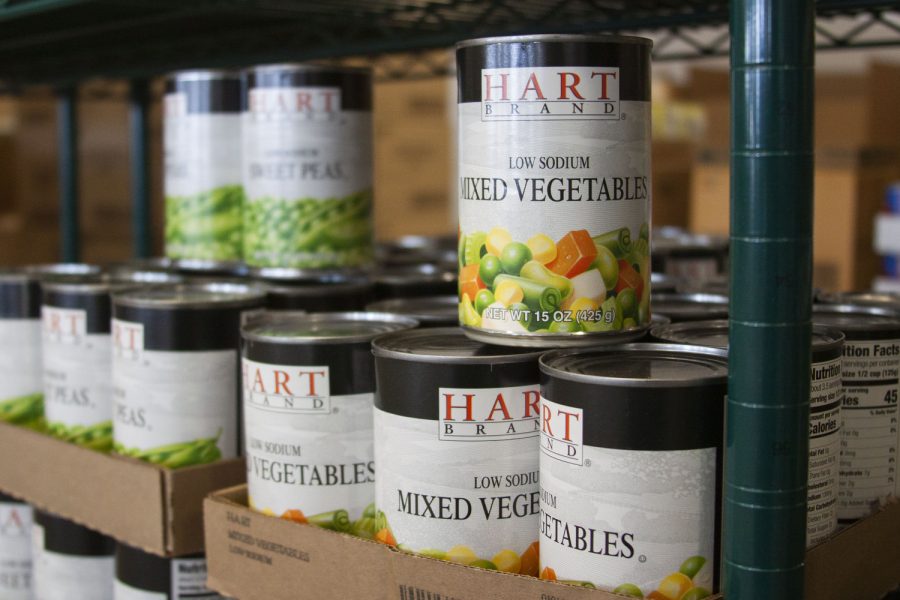It is an anomaly that’s hard to ignore: Iowa is one of the most productive agricultural states in the country, yet many of its residents go hungry. According to the U.S. Department of Agriculture, Iowa is the second-highest food-producing state in the nation, but hundreds of thousands of Iowans still struggle with hunger.
According to data collected by Feeding America, around 238,290 Iowans are facing hunger in 2023. Of that number, 68,990 are children. This means that one in 13 people, or 7.7 percent of Iowans, face hunger and food insecurity.
Food insecurity refers to the lack of access to sufficient food that is necessary for a healthy and active life. This issue is considered a major public health concern, as it is associated with a range of adverse social and health outcomes.
The impact of limited access to food can be significant, particularly for children. According to an article published in the Official Journal of the American Academy of Pediatrics, food insecurity “has insidious effects on the health and development of young children … These concerns early in life increase children’s risk of poor school performance, and subsequent health disparities …”
Factors that contribute to food insecurity include unemployment, poverty, and sudden loss of income. Food deserts, or places where it is difficult to gain access to cheap nutritious food, also contribute to this issue. All of these have only been exacerbated by the COVID-19 pandemic.
Food banks across the state have experienced an unprecedented spike in the use of their services, with the Food Bank of Iowa reporting that 36 percent of “hardworking Iowa families and many folks living on fixed incomes do not make enough money to cover the cost of basic needs.”
According to its website, in November alone, the food bank distributed a new record of 21.5 million pounds of food across the state, an increase of 4 million pounds from the previous year.
Despite food banks having to accommodate increasing demands, it is alarming to hear that Senate File 494, a bill signed by Gov. Kim Reynolds, poses an additional threat to Iowans facing hunger.
The new bill will require Iowa families receiving Supplemental Nutrition Assistance Program, or SNAP, funds to be newly assessed before they can obtain the food assistance they deserve.
Additionally, Iowa will not be participating in the 2024 Summer EBT program, which provides additional food assistance for children during the summer.
This program is crucial for families with children who are eligible for free or reduced-price meals at school, providing them with an EBT card to purchase $40 of food per child each month when school is not in session.
Food is not a luxury, and food assistance programs should not be treated as such. Food contains the necessary nutrients needed for the growth and maintenance of the body. People need food to stay alive and be productive, and we should not dehumanize those who need assistance in this area of life.
To address food insecurity in Iowa, all need-based financial aid must reflect the rising costs of living in Iowa, and we need to implement increased public benefits and easier access to food assistance programs similar to SNAP on a societal level.
We must also bring acute attention to the role of government systems and policies that keep certain communities food insecure and perpetuate discriminatory practices.
By taking action on these fronts, we can work towards a more equitable and just society where everyone can access basic needs such as food.










